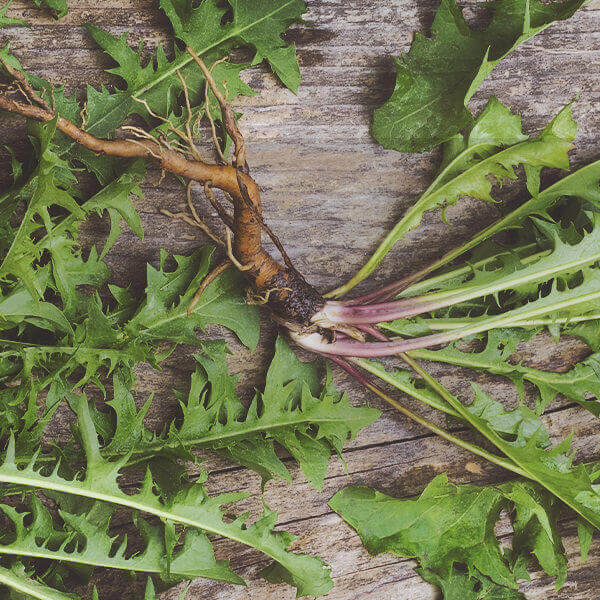Ready to leave?
Oops ! Condition name you have entered is invalid.
You are now leaving Aposbook.com and going to an external site managed by another organization.
Please confirm your email address and try to login again.
This account has been deleted. do you want to restore it?

Validate your email
A verification link will be sent to within the next 2 minutes. Please click it to validate your e mail.
*If you didn't get the link, please check your spam folder
Welcome to Aposbook,
As a registered user, you can benefit from the various free tools and services that we provide.
All you need to do is log in to start discussing with others, interacting, asking questions, and sharing your point of view about the various topics.
You can also write reviews and testimonials about any natural solution you have tried and share your experience. Your feedback can be very helpful.
If you are a health expert, you can add information about any topic or suggest text edit. You can also publish content, including articles and videos, about any topic from the related library section.
Together we can help.
The Aposbook Team
Forgot Password?
A validation link will be sent to you by email. Please confirm your address to log in
*If you didn't get the link, please check your spam folder
Please log in to use this feature
Your account has been suspended because you have violated our code of conduct. If you think this was a mistake, you can contact us by email at: support@aposbook.com "Contact us" form.
Success! Thank you for your feedback. Your contribution can make a difference. Together we can help each other.


Can Dandelion help Cure Cancer?
Complete Guide to Dandelion For Cancer
Possible causes of Tumor Growth associated with Dandelion
Cancer is a disease characterized by the development of abnormal cells that grow and multiply in the human body in an uncontrolled manner.
Cancer cells can continue developing and spreading until they reach a phase where they start invading the human tissue. This can get very dangerous, and if not treated properly, it would eventually lead to death.
Visit our "Library Center" section below to find all the information on the possible ...
Possible causes of Tumor Growth associated with Dandelion
Cancer is a disease characterized by the development of abnormal cells that grow and multiply in the human body in an uncontrolled manner.
Cancer cells can continue developing and spreading until they reach a phase where they start invading the human tissue. This can get very dangerous, and if not treated properly, it would eventually lead to death.
Visit our "Library Center" section below to find all the information on the possible causes of tumor growth that might be managed by dandelion.
Learn everything about cancer and find all the natural solutions to treat it naturally, including various diet programs, alternative medicine, vitamins, supplements, herbal medicine, and home remedies.
Why Dandelion might help for Cancer
Scroll down to check all the resources we have on this topic in the “Library Center” below.
Meanwhile, we are working on this section's content, and we will publish it soon. If you are an expert on this topic, please suggest related information.
Together we work to help the community.
Why Dandelion might help for Cancer
Scroll down to check all the resources we have on this topic in the “Library Center” below.
Meanwhile, we are working on this section's content, and we will publish it soon. If you are an expert on this topic, please suggest related information.
Together we work to help the community.
How Dandelion works for Cancer
Scroll down to check all the resources we have on this topic in the “Library Center” below.
Meanwhile, we are working on this section's content, and we will publish it soon. If you are an expert on this topic, please suggest related information.
Together we work to help the community.
How Dandelion works for Cancer
Scroll down to check all the resources we have on this topic in the “Library Center” below.
Meanwhile, we are working on this section's content, and we will publish it soon. If you are an expert on this topic, please suggest related information.
Together we work to help the community.
Dandelion for Cancer: How to Take it
Scroll down to check all the resources we have on this topic in the “Library Center” below.
Meanwhile, we are working on this section's content, and we will publish it soon. If you are an expert on this topic, please suggest related information.
Together we work to help the community.
Dandelion for Cancer: How to Take it
Scroll down to check all the resources we have on this topic in the “Library Center” below.
Meanwhile, we are working on this section's content, and we will publish it soon. If you are an expert on this topic, please suggest related information.
Together we work to help the community.
Taking Dandelion for Cancer: precautions
We are working on building our content. It will be published soon. You can also check out the resources we have on this topic in the Library Center below.
If you are an expert on this topic, please suggest related information.
Together we work to help the community.
Taking Dandelion for Cancer: precautions
We are working on building our content. It will be published soon. You can also check out the resources we have on this topic in the Library Center below.
If you are an expert on this topic, please suggest related information.
Together we work to help the community.
Taking Dandelion for Cancer: side effects
We are working on building our content. It will be published soon. You can also check out the resources we have on this topic in the Library Center below.
If you are an expert on this topic, please suggest related information.
Together we work to help the community.
Taking Dandelion for Cancer: side effects
We are working on building our content. It will be published soon. You can also check out the resources we have on this topic in the Library Center below.
If you are an expert on this topic, please suggest related information.
Together we work to help the community.
Reviews & Testimonials
-
Overall rating
-
Success Rate
-
Effectiveness
-
Accessiblity
-
Safety
-
Fast result
-
Ease of use
Add review
Was solution successfull?
Overall rating score
Rate each parameters
Effective
Accessible
Safe
Fast results
Easy to apply
Review title
Add images to support your review(if any)
Support images
You can review a solution if you have used it personally. Please remain objective and genuine. Your input can help others.
You have already reviewed this
Please rate all parameters.
Success! Thank you for your feedback. Your contribution can make a difference. Together we can help each other.
What science says about Dandelion For Cancer
Views in favor
13 Potential Health Benefits of Dandelion
Views against
Library center Dandelion For Cancer
Additional benefits of Dandelion





 Buy now
Buy now















[0]